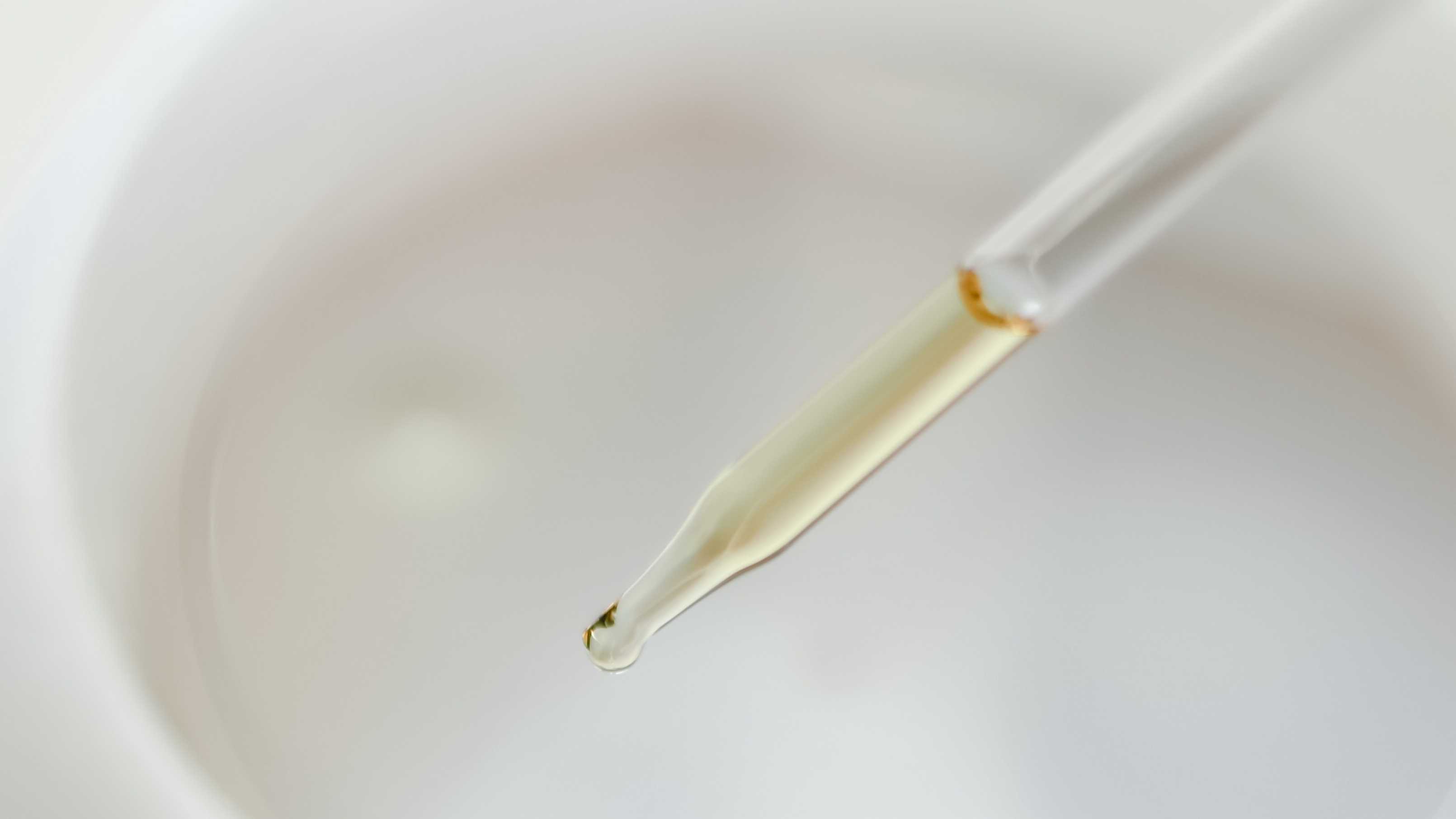
Which CBD product is right for me?
The CBD market can be a pretty daunting and confusing place. There are hundreds of different products and methods by which CBD is marketed - so how do you know what’s worthwhile and what’s misleading, and how do you go about choosing which product is right for you?
The red flags - what to avoid
Instead of starting with what you should be looking for - we’re actually going to start out at the other end of the spectrum, with what you should definitely avoid. Despite many CBD products being safe and properly produced, CBD’s rise in popularity has unfortunately resulted in a substantial rise in low budget, opportunistic brands and products too. These range from cheap oil tinctures that don’t contain the advertised amount of CBD, all the way up to untested, potentially harmful products. Here are the main red flags we recommend you to be wary of when buying a CBD product on the high street, or from a new brand.

No (accessible) lab tests - this should always be your first check. CBD lab tests show you exactly how much CBD a product contains, as well as THC content. If a brand isn’t lab tested, or is unwilling to show you the results, you should absolutely steer clear.
No dosage information - although CBD isn’t addictive or harmful, even in large quantities, you still want to know how much you are consuming. If you can’t calculate dosage or the brand is unwilling to tell you how much CBD they’ve added in, there’s no way to know how much (if any) CBD you’re using day-to-day.
Hemp oil in disguise - this is surprisingly more common than you’d think. Some hemp oil products are branded to mimic CBD-style packaging, but don’t actually mention CBD anywhere (or, in even sneakier cases, will put “CBD” in their brand name). To the untrained eye, these may be appealing because of their low price and ease of accessibility on trusted platforms like Amazon or eBay. However, if there’s no explicit mention of CBD as an ingredient, it’s likely that it may not contain any at all.
Suspiciously cheap - if it sounds too good to be true, it probably is. This is much the case with CBD. Ensuring proper testing, high quality hemp, clean extraction methods, and every other step for a high quality product, all costs money. If a brand has managed to undercut market prices and is offering seemingly fantastic deals, ask yourself why they are able to do so. If you’re ingesting a product, the last thing you want is for corners to be cut or quality to be compromised.
These are probably the most important and obvious factors to be cautious of. Of course, there’s several other considerations that can affect the final product - we’ve written about a few more of these in dedicated posts (part 1 and part 2), if you want to go into more detail.

What types of CBD products actually are there?
It doesn’t take long searching for CBD before you realise - there are countless product types and all kinds of strange applications that companies are promoting. Many are legitimate methods of CBD application and absorption, but some are novelty products with little to no CBD interacting with the body. Ingestibles (oils, capsules, gummies) and topicals (creams, balms, patches etc.) are by far the most common, and are a very reliable way to apply/ intake a measured amount of CBD.
The vast majority of products outside of these categories are, on the most part, not worthwhile. Products such as “pillow mist” sprays for sleep, or CBD infused clothing/ bedsheets, for example - these are going to have very low efficacy, and have no backing to support that they are really that effective at absorbing any CBD into the body.
If you want to get the most from CBD, you’re better off staying within the established categories of ingestibles and topicals, which have proven most popular.
So which option do you choose, and what are the differences between using CBD oil and a CBD cream?

Let’s start with ingestible products. When you consume a CBD product such as an oil, it absorbs into the body very quickly and will usually remain in the body for a longer period than other methods as well. Because the CBD is absorbed into the bloodstream, it is evenly distributed throughout the body via the endocannabinoid system, which means that this method is most commonly associated with overall daily balance and wellbeing.
Topical products interact slightly differently with our bodies. Instead of absorbing through the skin and into the bloodstream, they remain mostly above the skin barrier, and act exclusively on the targeted application area. This makes it appealing for use on specific areas of discomfort, irritation, pain or poor skin health. There is also a large market for topical CBD products within the fitness and recovery space.
Neither option is inherently better than the other - it comes down to the individual and their needs. Usually, starting with a CBD oil or oral product is a really good way to introduce yourself to CBD and discover how your body responds to it, and from there you can explore further into available products. What is the most important is that whatever you choose, you are ensuring that it has come from a safe, transparent, and trusted brand.


